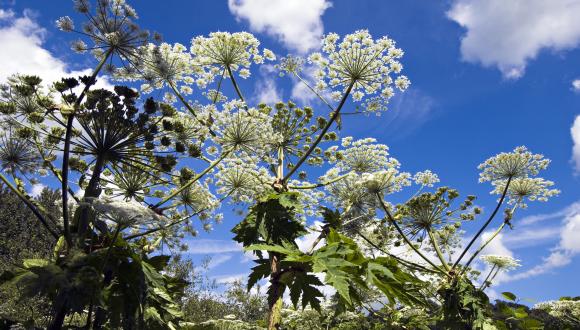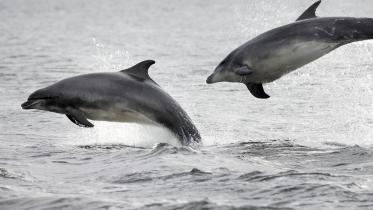NatureScot Research Report 1078 - Linkages between riparian invasive plants, invertebrates and salmonid fish in Scottish rivers
An NatureScot supported PhD project at Stirling University investigated responses of juvenile salmonid fish, and aquatic and terrestrial invertebrates, to two riparian invasive non-native plant species (INNP), Japanese knotweed (Fallopia japonica) and Himalayan balsam (Impatiens glandulifera). The project was carried out on small tributary streams across central Scotland. This research highlighted a consistently negative impact of INNP on the diversity of both terrestrial and aquatic invertebrates but suggested that juvenile salmonid fish may be more resilient to INNP pressure, due to their opportunistic feeding methods. These findings offer support for riparian INNP management, as heavily invaded sites are clearly of a lower ecological quality, and such intervention work is necessary to prevent INNP spread to a larger catchment scale.
Pages: 21
Published: 2019
Document downloads
Disclaimer: Scottish Natural Heritage (SNH) has changed its name to NatureScot as of the 24th August 2020.
At the time of publishing, this document may still refer to Scottish Natural Heritage (SNH) and include the original branding. It may also contain broken links to the old domain.
If you have any issues accessing this document please contact us via our feedback form.




